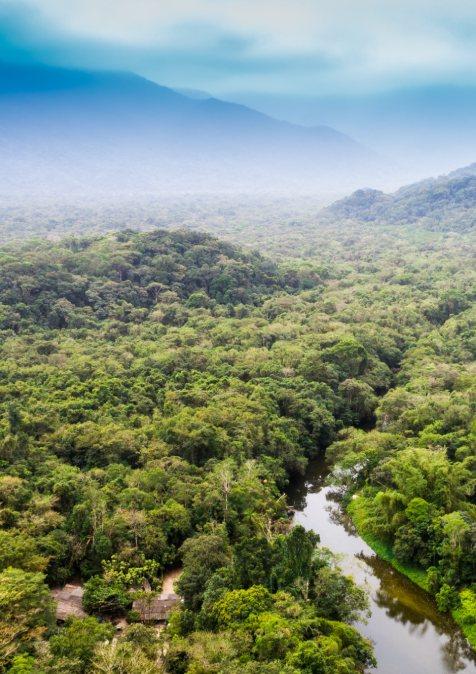Developmentally Speaking 9th Edition : Water scarcity and sustainability challenges in the global South
An initiative of the Policy Center for the New South, UNDP and the World Bank, in partnership with Atlas for development NGO.
In a short period of time, the Covid-19 pandemic has triggered an unprecedented crisis with negative impacts on the global economy, social progress, and the achievement of the Sustainable Development Goals (SDGs). The Policy Centre for the New South, the United Nations Development Program (UNDP) and the World Bank see these uncertainties and the current crisis as a new opportunity for collective reflection on the major challenges of sustainable development.
To contribute to the national reflection on the challenges and issues of this crisis, the Policy Center for the New South, the UNDP, and the World Bank are organizing a series of virtual dialogues bringing together national and international actors and experts to discuss the challenges of sustainable development, in its social, economic, and environmental aspects, and the opportunities presented by the 2030 Agenda as a roadmap to emerge from the crisis stronger and more resilient. The series of meetings, "Developmentally Speaking", is held with various partners to be as close as possible to the concerns of young people and a broader public and to stimulate a rich debate on the major lessons of the Covid-19 crisis.













